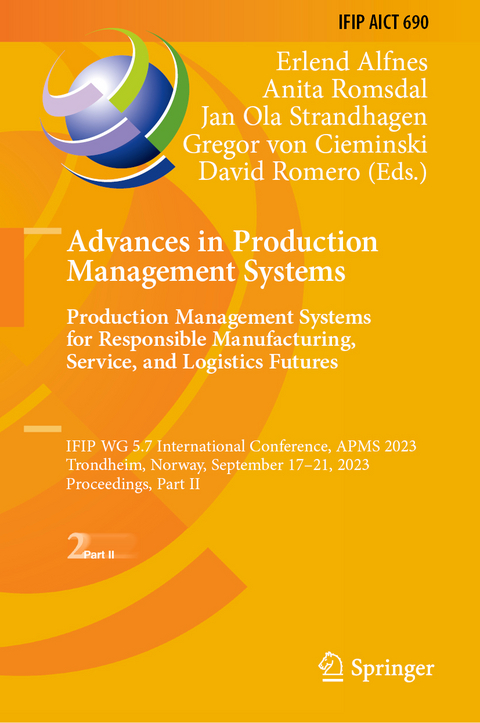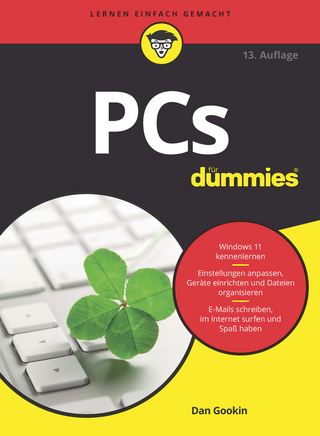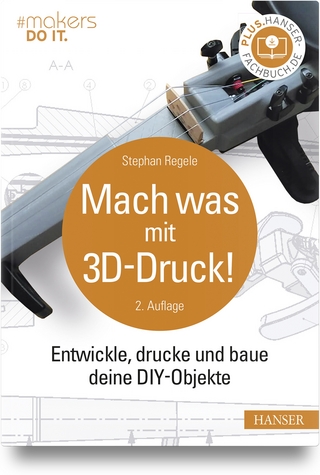
Advances in Production Management Systems. Production Management Systems for Responsible Manufacturing, Service, and Logistics Futures
Springer International Publishing (Verlag)
978-3-031-43665-9 (ISBN)
This 4-volume set, IFIP AICT 689-692, constitutes the refereed proceedings of the International IFIP WG 5.7 Conference on Advances in Production Management Systems, APMS 2023, held in Trondheim, Norway, during September 17-21, 2023.
The 213 full papers presented in these volumes were carefully reviewed and selected from a total of 224 submissions. They were organized in topical sections as follows:
Part I : Lean Management in the Industry 4.0 Era; Crossroads and Paradoxes in the Digital Lean Manufacturing World; Digital Transformation Approaches in Production Management; Managing Digitalization of Production Systems; Workforce Evolutionary Pathways in Smart Manufacturing Systems; Next Generation Human-Centered Manufacturing and Logistics Systems for the Operator 5.0; and SME 5.0: Exploring Pathways to the Next Level of Intelligent, Sustainable, and Human-Centered SMEs.
Part II : Digitally Enabled and Sustainable Service and Operations Management in PSS Lifecycle; Exploring Digital Servitization in Manufacturing; Everything-as-a-Service (XaaS) Business Models in the Manufacturing Industry; Digital Twin Concepts in Production and Services; Experiential Learning in Engineering Education; Lean in Healthcare; Additive Manufacturing in Operations and Supply Chain Management; and Applications of Artificial Intelligence in Manufacturing.
Part III : Towards Next-Generation Production and SCM in Yard and Construction Industries; Transforming Engineer-to-Order Projects, Supply Chains and Ecosystems; Modelling Supply Chain and Production Systems; Advances in Dynamic Scheduling Technologies for Smart Manufacturing; and Smart Production Planning and Control.
Part IV : Circular Manufacturing and Industrial Eco-Efficiency; Smart Manufacturing to Support Circular Economy; Product Information Management and Extended Producer Responsibility; Product and Asset Life Cycle Management for Sustainable and Resilient Manufacturing Systems; Sustainable Mass Customization in the Era of Industry 5.0; Food and Bio-Manufacturing; Battery Production Development and Management; Operations and SCM in Energy-Intensive Production for a Sustainable Future; and Resilience Management in Supply Chains.
Digitally enabled and Sustainable Service and Operations Management in PSS Lifecycle.- Lifecycle Management of Digitally-enabled Product- Service Systems Offerings: The Next Challenge for Manufactures.- Source-Target-Link-Matrix: A Conceptual Approach for the Systematic Design of Data-Driven Product Service Systems.- Service Lifecycle Management in Complex Product-Service Systems.- An Investigation into Technological Potentials of Library Intralogistics Operations.- It is Not About Technology - Stupid! Lessons from a Start-up Developing a Digitally-enabled Product Service System to Grow Plants.- Smart Product-Service System Definitions and Elements - Relationship to Sustainability.- Forecast-Based Dimensioning of Spare Parts Inventory Levels in the MRO Industry.- Exploring Digital Servitization in Manufacturing.- Servitization and Industry 5.0: The Future Trends of Manufacturing Transformation.- Measuring Acceptance and Benefits of AI-based Resilience Services.- Maximizing Customer Satisfaction in Sheet Metal Processing: A Strategic Application of the Customer Health Score.- Coalescing Circular and Digital Servitization Transitions of Manufacturing Companies: The Circular Economy Digital Innovation Hub.- The Digital Servitization of Manufacturing Sector: Evidence from a Worldwide Digital Servitization Survey.- Sustainability-as-a-Service: Requirements based on Lessons Learned from Empirical Studies.- Everything-as-a-Service (XaaS) Business Models in the Manufacturing Industry.- Moving towards Everything-as-a-Service: A Multiple Case Study in Manufacturing.- Creation of Subscription-related Service Modules.- Suitability Criteria for Customers for Subscription Business Models in Machinery and Plant Engineering.- How to Acquire Customers for Subscription Business Models in Machinery and Plant Engineering: Challenges and Coping Strategies.- Digital Twin Concepts in Production and Services.- The Digital Thread Concept for Integrating the Development Disciplines for Mechatronic Products.- A Digital Reverse Logistics Twin for Improving Sustainability in Industry 5.0.- Model Simplification: Addressing Digital Twin Challenges and Requirements in Manufacturing.- Digital Service Twin - Design Criteria, Requirements and Scope for Service Management.- Towards Ontologizing a Digital Twin Framework for Manufacturing.- Experiential Learning in Engineering Education.- Industrial Engineering Education for Industry 4.0.- Milky Chain Game: A Pedagogical Game for Food Supply Chain Management.- Introducing Active Learning and Serious Game in Engineering Education: "Experience from Lean Manufacturing Course".- Crafting a Memorable Learning Experience: Reflections on the Aalto Manufacturing Game.- A Classification Framework for Analysing Industry 4.0 Learning Factories.- Development and Stress Test of a New Serious Game for Food Operations and Supply Chain Management: Exploring Students' Responses to Difficult Game Settings.- Challenges for Smart Manufacturing and Industry 4.0 Research in Academia: A Case Study.- Report on the Integration a COTS Game in Teaching Production and Logistics.- Towards Novel Ways to Improve and Extend the Classic MIT Beer Game.- Innovation & Entrepreneurship in Engineering Curricula: Evidences from an International Summer School.- Lean in Healthcare.- Role Of Manufacturing Industry for Minimizing the Barriers to Circular Transition in the Health Sector: A Framework.- Managing Performance in Technology-enabled Elderly Care Services: The Role of Service Level Agreements in Modular Smart Service Ecosystems.- Effect of Machine Sharing in Medical Laboratories.- Additive Manufacturing in Operations and Supply Chain Management.- What to Share? A Preliminary Investigation into the Impact of Information Sharing on Distributed Decentralised Agent-Based Additive Manufacturing networks.- The Potential of Additive Manufacturing Networks in Crisis Scenarios.- An Environmental Decision Support System for Determining On-site or Off-site Additive Manufacturing Production of Spare Parts.- Latest Technological Advances and Key Trends in Powder Bed Fusion: A Patent-based Analysis.- Integration of Additive Manufacturing in an Industrial Setting: The Impact on Operational Capabilities.- Additive Manufacturing: A Case Study of Introducing Additive Manufacturing of Spare Parts.- Applications of Artificial Intelligence in Manufacturing.- Examining Heterogeneous Patterns of AI Capabilities in Manufacturing Value Chain.- Enabling an AI-based Defect Detection Approach to Facilitate Zero Defect Manufacturing.- A Conceptual Framework for applying Artificial Intelligence to Manufacturing Projects.- Influence of ArtificialIntelligence on Natural Resource Consumption.- Development of Predictive Maintenance Models for a Packaging Robot Based on Machine Learning.
| Erscheinungsdatum | 15.09.2023 |
|---|---|
| Reihe/Serie | IFIP Advances in Information and Communication Technology |
| Zusatzinfo | XV, 691 p. 179 illus., 119 illus. in color. |
| Verlagsort | Cham |
| Sprache | englisch |
| Maße | 155 x 235 mm |
| Gewicht | 1169 g |
| Themenwelt | Informatik ► Weitere Themen ► Hardware |
| Schlagworte | Artificial Intelligence • Industry 4.0 • Information Technology • Smart Logistics • smart manufacturing |
| ISBN-10 | 3-031-43665-2 / 3031436652 |
| ISBN-13 | 978-3-031-43665-9 / 9783031436659 |
| Zustand | Neuware |
| Haben Sie eine Frage zum Produkt? |
aus dem Bereich


